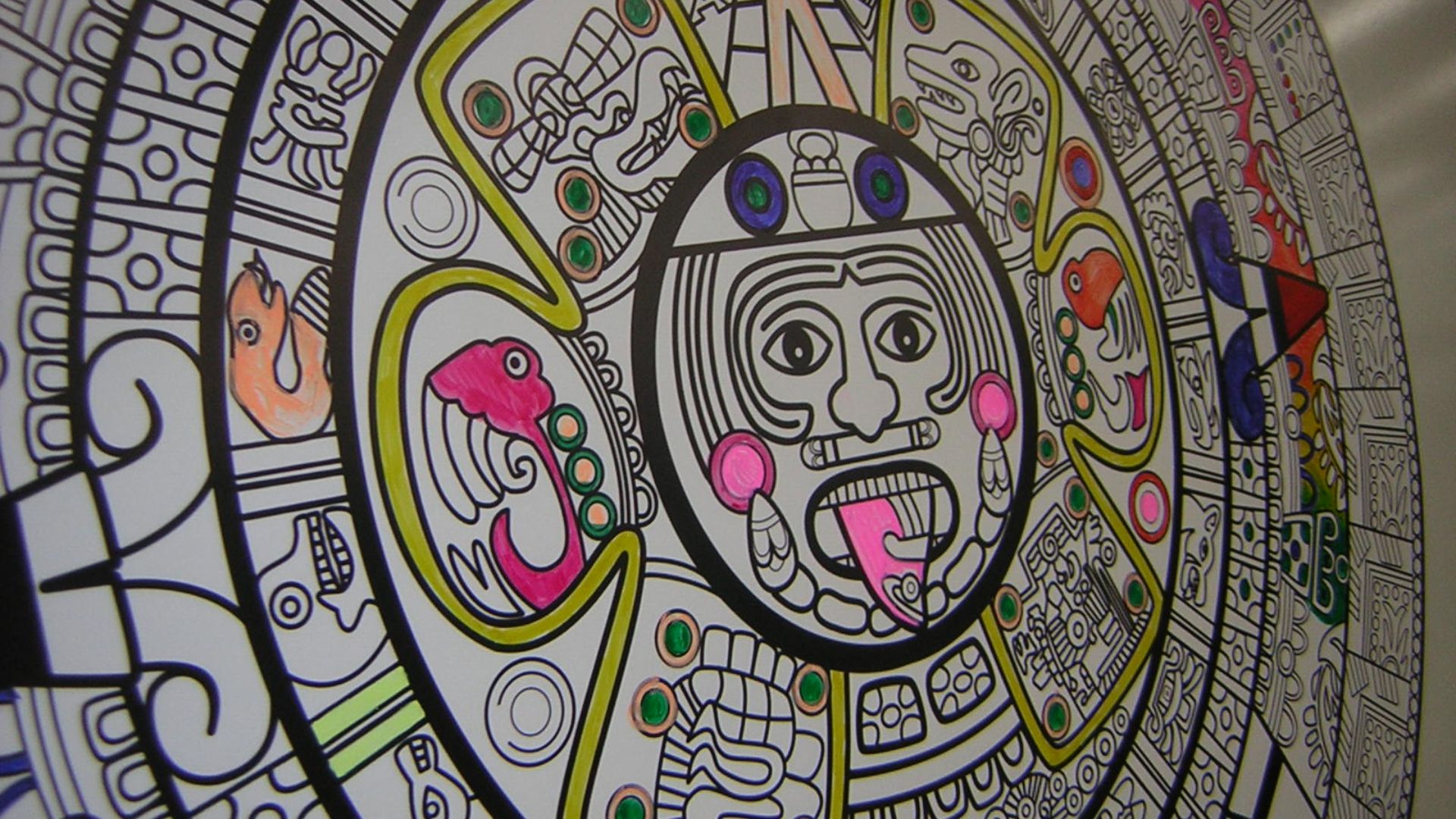Because The Future Isn't So Easy To Pin Down
People have always wanted to know what happens next. We can’t help but stand under a night sky full of stars, wondering what’s written up there. Some people thought they knew and took a stab at predicting the future. Some guessed beautifully, with eerie precision. Others… not so much. Ancient seers and mystics all took their swings at the future, and whether through divine inspiration, coincidence, or just wild luck, a few actually hit the mark. Here are ten ancient predictions that defied the odds and came true, and another ten that were hilariously wrong.
 Art Institute of Chicago on Unsplash
Art Institute of Chicago on Unsplash
1. The Oracle of Delphi Predicted the Rise of Rome
Long before Caesar strutted through marble halls, the Oracle supposedly told early Romans that “a mighty empire will rise from this land.” They took it seriously. Centuries later, that small settlement on the Tiber had conquered the known world.
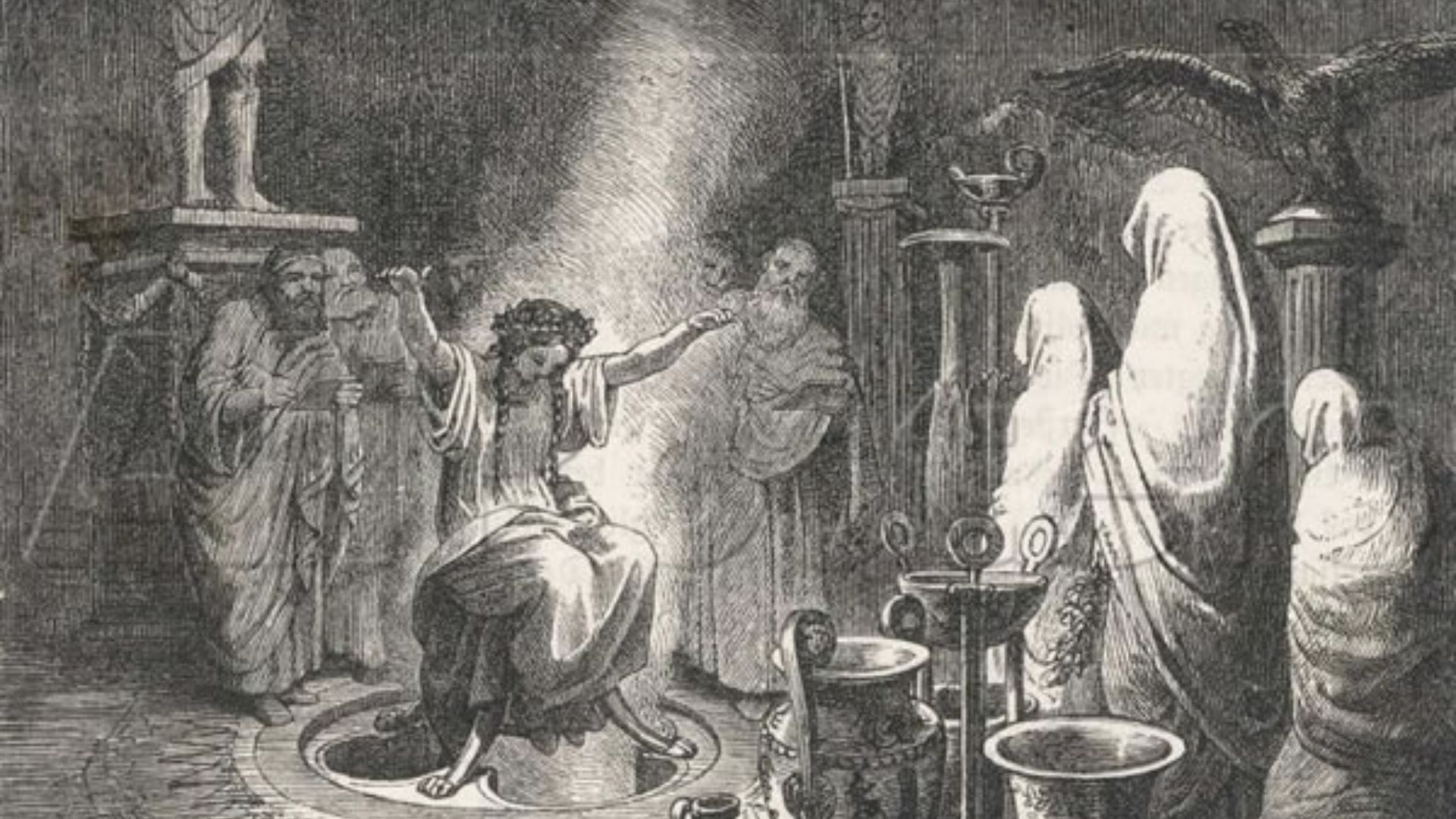 Heinrich Leutemann on Wikimedia
Heinrich Leutemann on Wikimedia
2. The Prophet Daniel’s Empires Came and Went Exactly as He Said
Daniel talked about four great empires rising and falling: the Babylonians, Persians, Greeks, and Romans. Whether through divine insight or shrewd political awareness, he nailed it. He looked into the future and foresaw the rhythm of power stretching thousands of years ahead.
 Микеланжело Буонаротти on Wikimedia
Микеланжело Буонаротти on Wikimedia
3. The Mayan Calendar Predicted an “Age of Change” Around 2012
Those who weren’t mocking this calendar were actively quaking, thinking the world was on the verge of ending. But the Mayans didn’t actually say the world would end; they spoke of the end of an era. And strangely enough, 2012 did feel like a turning point with the rise of the digital era. The world didn’t burn—it just rewired.
4. Nostradamus and the “Fire from the Sky”
He wrote about “fire descending from the sky” and “the new city in flames.” People connected it, much later, to the atomic bombings of Hiroshima and Nagasaki. Was it prophecy, or some kind of vague coincidence? It’s hard to say, but some people give him credit.
 César de Notre-Dame on Wikimedia
César de Notre-Dame on Wikimedia
5. Egyptian Astronomers Predicted the Flooding of the Nile with Math
This wasn’t mysticism—it was scientific calculation. Ancient Egyptians tracked stars and shadows to predict the Nile’s annual flood with jaw-dropping accuracy. It wasn’t about the gods, at least not entirely. It was about survival—and maybe real prophecy is simply reading patterns before the rest of us catch on.
6. The Greek Philosophers and the Atomic Theory
Leucippus and Democritus imagined the universe made of tiny, indivisible particles. Two thousand years later, science proved them right with the discovery of the atom. Not bad for a couple of guys with no microscopes and a lot of imagination.
 Matt Neale from UK on Wikimedia
Matt Neale from UK on Wikimedia
7. The Indian Sages Who Mapped the Cosmos
In the Vedic texts, the ancients described the Earth as round, rotating on an axis, and orbiting the sun. This was long before Europe caught on. It’s funny how Galileo gets all the credit.
8. The Sybil of Cumae Predicted Aeneas’s Descendants Would Rule
Virgil’s Aeneid made her famous—and she was sort of right. Aeneas’s supposed descendants became the mythic founders of Rome. Was it storytelling masquerading as prophecy, or prophecy masquerading as storytelling? We’ll never know.
 Circa 45 BC Roman Sculptor on Wikimedia
Circa 45 BC Roman Sculptor on Wikimedia
9. Chinese Astronomers and the Eclipse Records
They charted eclipses centuries in advance. Their records were so precise that modern scientists still use them to check orbital data. When an empire predicts the movements of the heavens, you have to admit—that’s impressive.
10. The Biblical “Mark on the Hand”
The Book of Revelation predicted that “no one may buy or sell unless they have the mark.” With credit cards, biometrics, and microchips becoming a regular feature of everyday life, it feels like we’re almost there. The ancient fear of invisible control never really went away.
And now, here are ten predictions that weren’t even close.
1. The Oracle Told Croesus He’d Destroy a Great Empire
Croesus asked if he should go to war with Persia, and the Oracle said he’d destroy a great empire. He did—his own. This is the kind of vague prediction that technically checks out, just not in the way Croesus wanted it to.
2. The Aztec Prophecy of Quetzalcoatl’s Return
When the pale, bearded conquistadors showed up, the Aztecs thought their god was making his triumphant return. Their earnest faith led to their downfall. Sometimes a “sign” is just a coincidence with good timing and terrible consequences.
3. The Roman Soothsayers Predicted the Empire Would Last Forever
Forever turned out to be roughly 500 years. While this isn’t bad by the standard of human empires, it falls a little short of eternity. Rome fell, and the soothsayers fell with it.
4. The End of the World in the Year 1000
Europeans were certain the world would end at the millennium. Monks wept, peasants prayed, and then the sun rose on January 1, 1001—and everyone awkwardly went back to farming.
 Unknown photographer, restored by Adam Cuerden on Wikimedia
Unknown photographer, restored by Adam Cuerden on Wikimedia
5. Nostradamus Predicts 1999 Apocalypse
He had a good run of semi-accurate gloomy predictions, but his “King of Terror descending from the sky” didn’t show up. At least not yet. Maybe in a few hundred years we can reconvene and see.
 Drawing by Amédée, engraving by Damours, after a painting by Anna Rimbaut-Borrel on Wikimedia
Drawing by Amédée, engraving by Damours, after a painting by Anna Rimbaut-Borrel on Wikimedia
6. The Prophetess Mother Shipton Predicted Cars, Planes, and... the End in 1881
She started strong with rhyming verses talking about “horseless carriages” and “iron in the air.” Then she blew it by saying the world would end in 1881. Spoiler: it didn’t.
 Unknown authorUnknown author on Wikimedia
Unknown authorUnknown author on Wikimedia
7. The Ancient Greek Belief That Women’s Wombs Wandered Around Their Bodies
While not exactly a prophecy, this was an “ancient truth” confidently stated for centuries. The wandering womb supposedly caused hysteria in women. It took centuries for this entrenched belief to be refuted.
8. The Mayans Predicting Eternal Cycles of Prosperity
It’s the same fateful calendar, only a different chapter. Some inscriptions celebrated endless renewal and peace. The Spanish arrived not long after, bringing disease and conquest. Turns out, not every cycle is gentle.
9. The Etruscan Prophecy That Their Civilization Would Last Nine Centuries
They were off by a few hundred years. Eventually, the Romans conquered them, and even their alphabet has been lost to history. Prophecies don’t always age well—sometimes they just quietly dissolve with the societies that conjured them.
 Marian Florinel Condruz on Unsplash
Marian Florinel Condruz on Unsplash
10. The Ancient Astrologers Who Said the Stars Guaranteed Happiness
Ah yes, the eternal optimism of horoscopes. Venus in Taurus, Jupiter ascending—means that everything’s fine. Except, of course, for the wars, famines, and betrayals. The stars keep twinkling, indifferent as ever, and we keep pretending we know what their alignment means.
KEEP ON READING
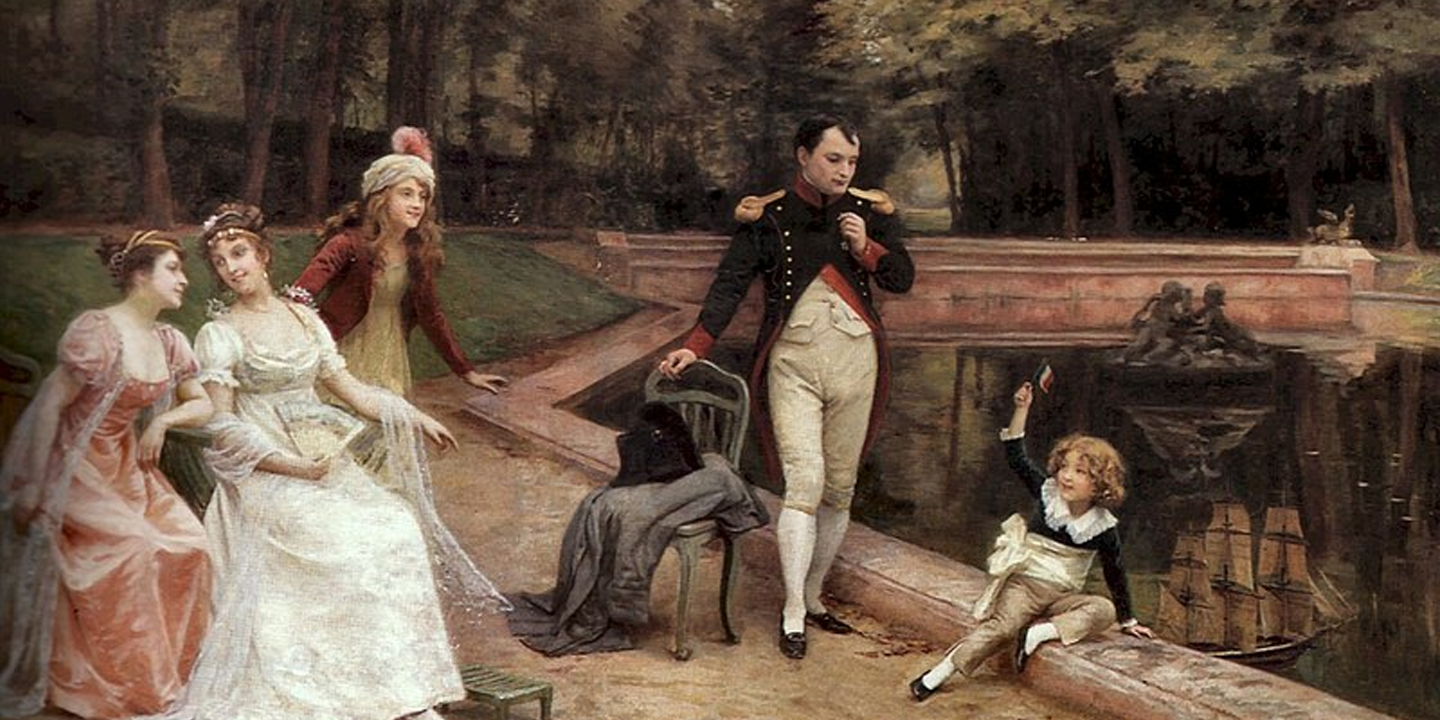
The 20 Most Recognized Historical Figures Of All Time
The Biggest Names In History. Although the Earth has been…
By Cathy Liu Oct 4, 2024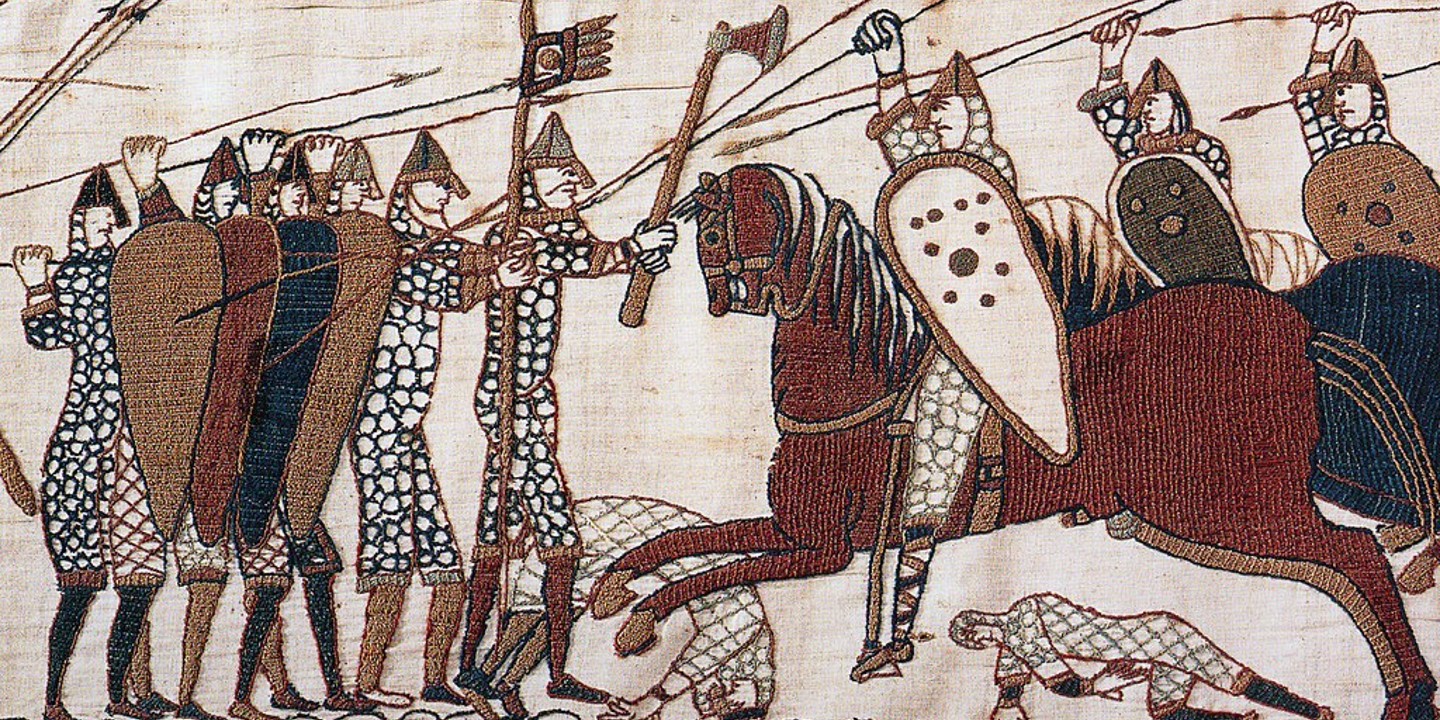
10 of the Shortest Wars in History & 10 of…
Wars: Longest and Shortest. Throughout history, wars have varied dramatically…
By Emilie Richardson-Dupuis Oct 7, 2024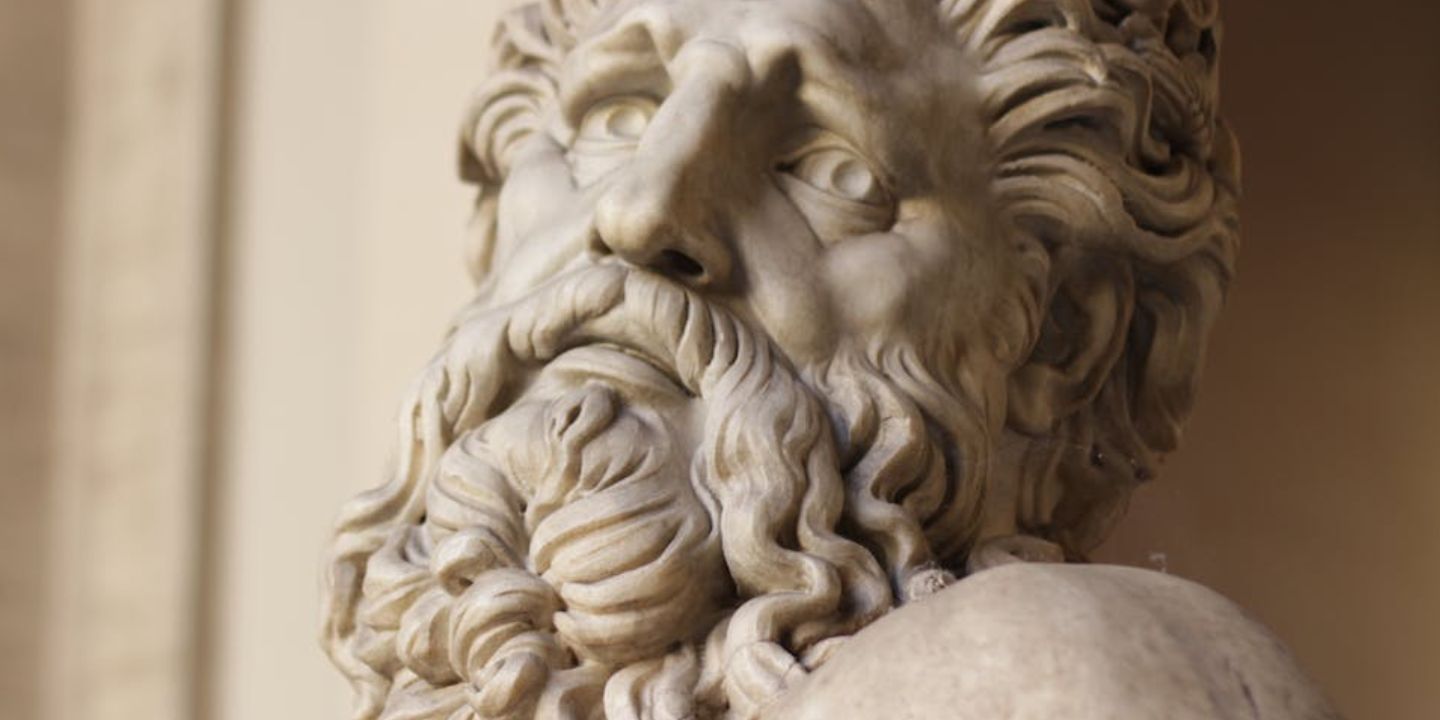
10 Fascinating Facts About Ancient Greece You Can Appreciate &…
Once Upon A Time Lived Some Ancient Weirdos.... Greece is…
By Megan Wickens Oct 7, 2024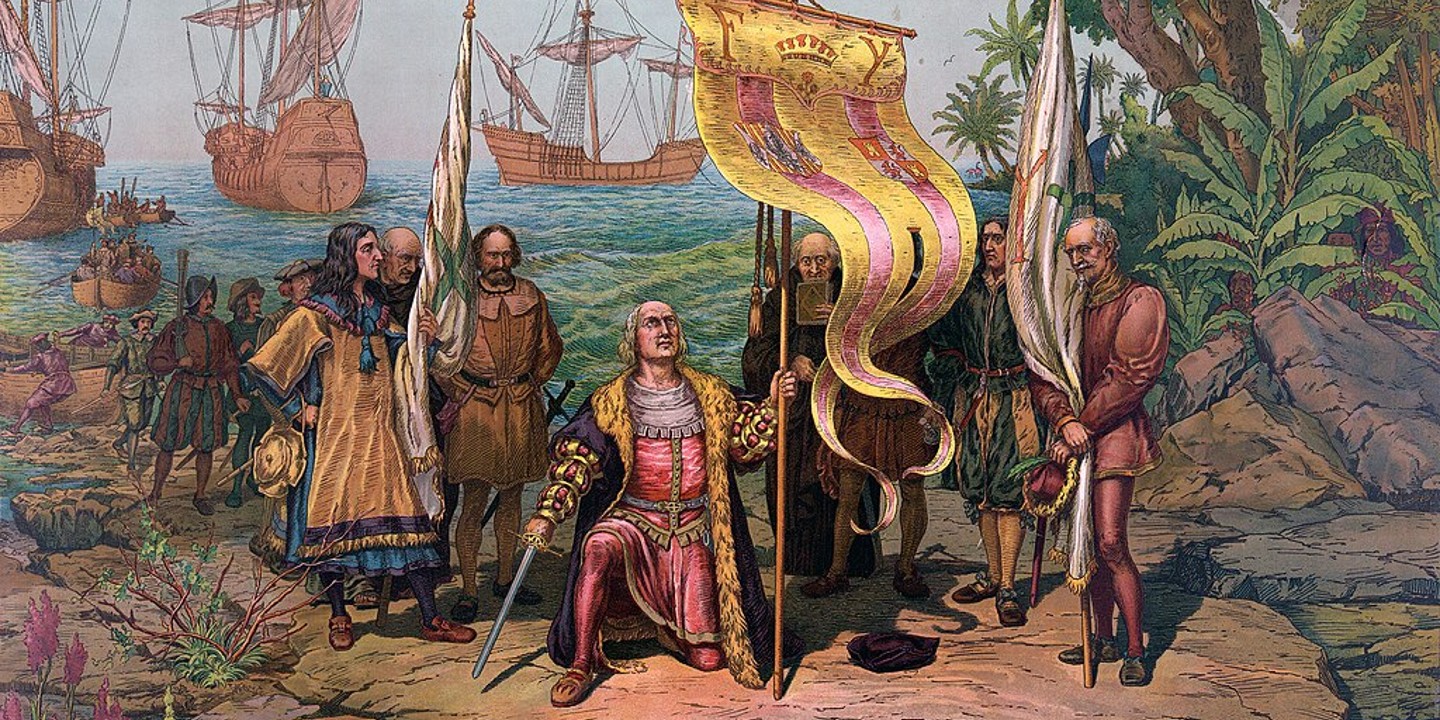
20 Lesser-Known Facts About Christopher Columbus You Don't Learn In…
In 1492, He Sailed The Ocean Blue. Christopher Columbus is…
By Emilie Richardson-Dupuis Oct 9, 2024
20 Historical Landmarks That Have The Craziest Conspiracy Theories
Unsolved Mysteries Of Ancient Places . When there's not enough evidence…
By Megan Wickens Oct 9, 2024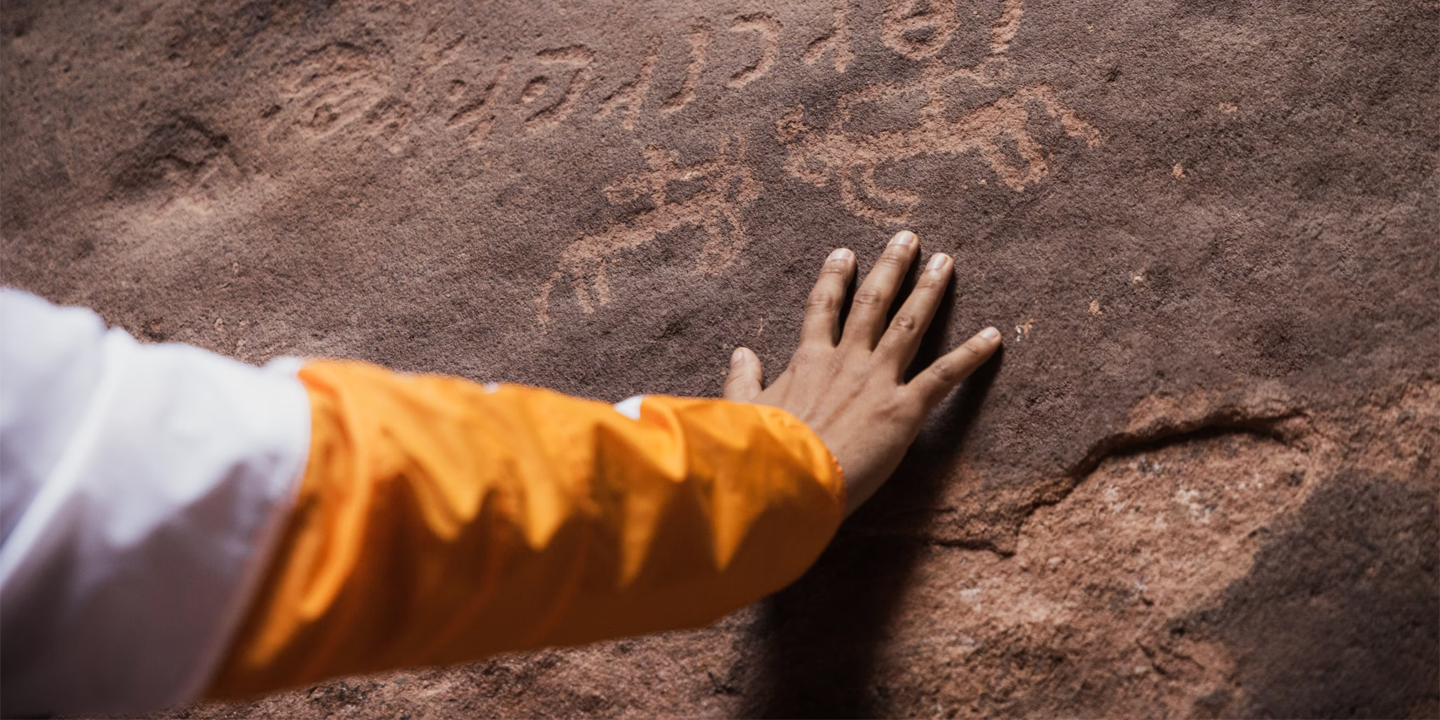
The 20 Craziest Inventions & Discoveries Made During Ancient Times
Crazy Ancient Inventions . While we're busy making big advancements in…
By Cathy Liu Oct 9, 2024










